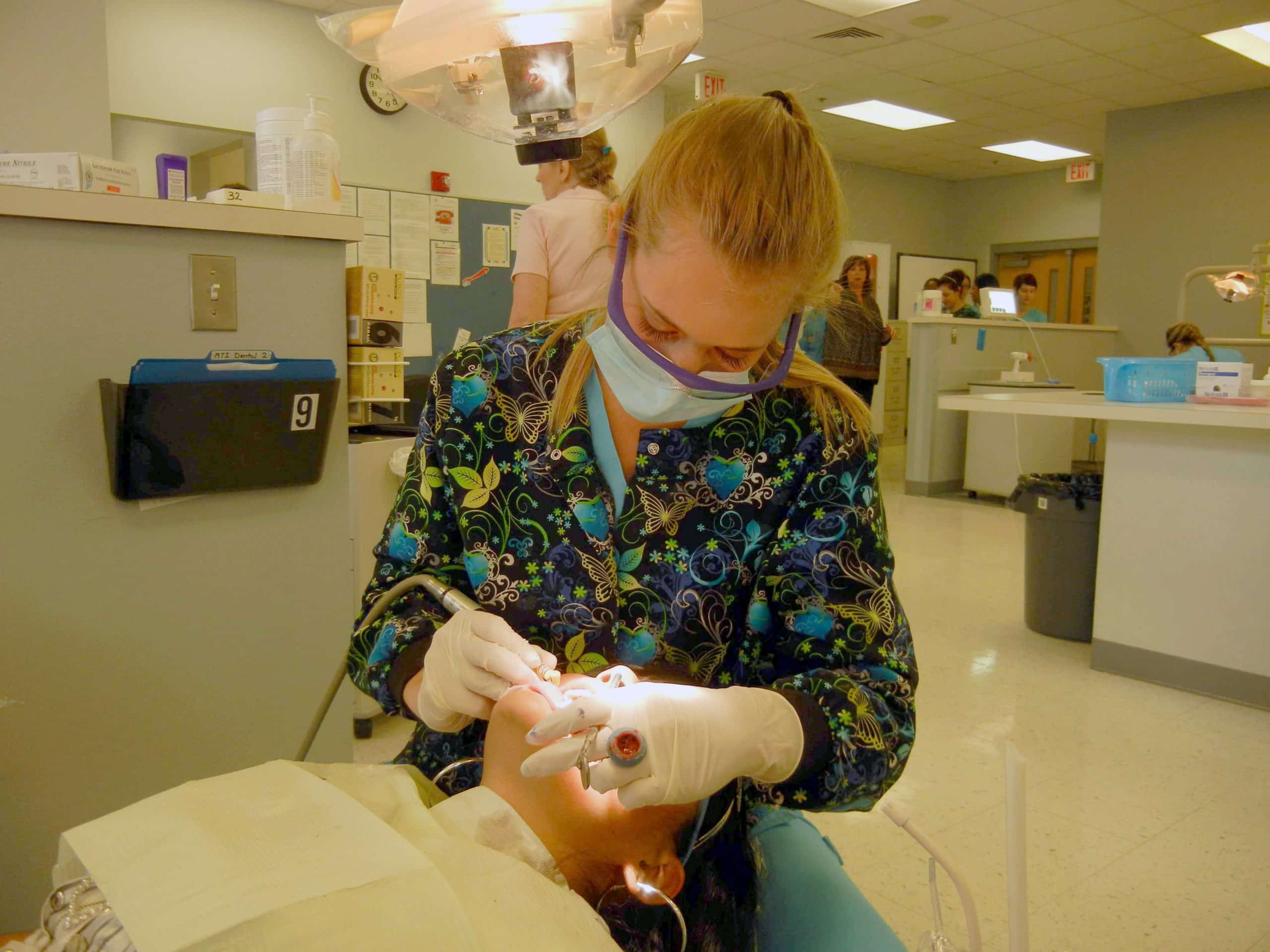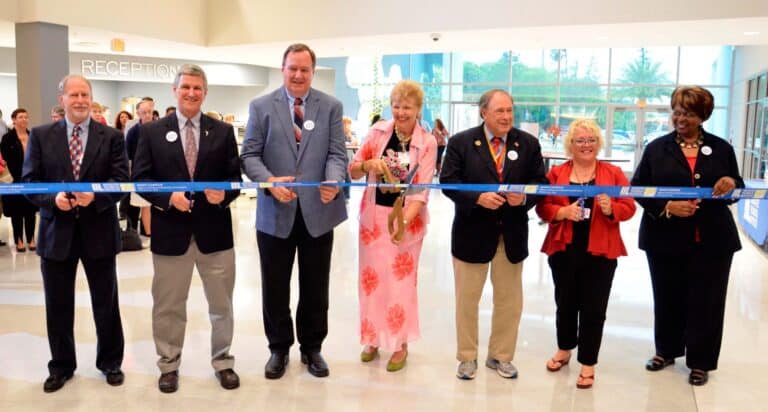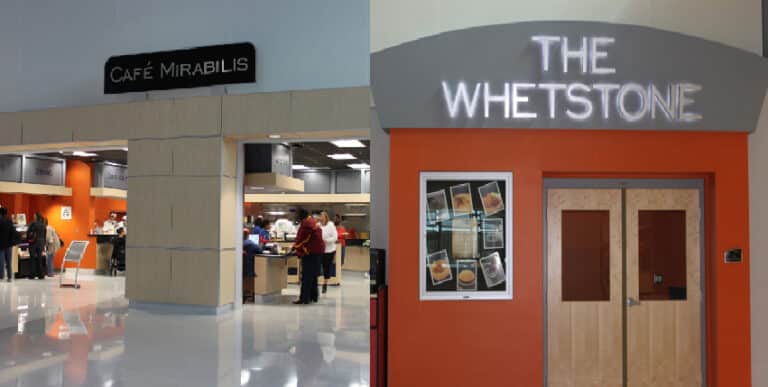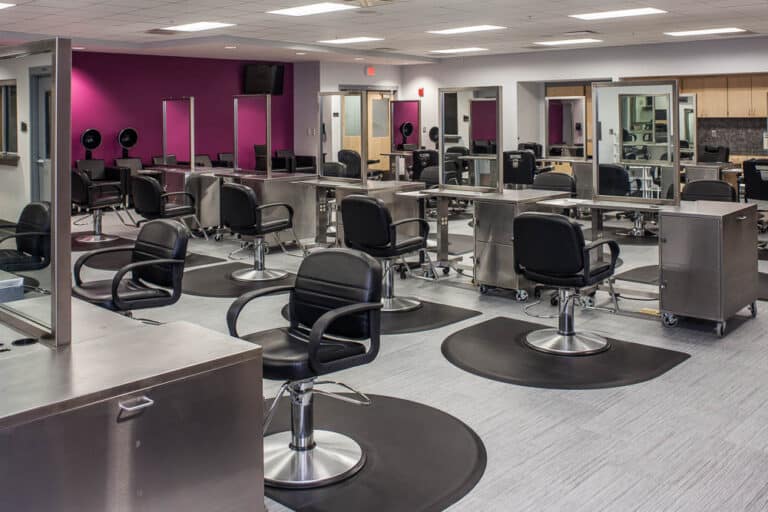Children get free dental screenings (Herald Tribune)

By Ian Cummings
Published: Friday, November 15, 2013 at 5:15 p.m.
Last Modified: Friday, November 15, 2013 at 5:15 p.m.
BRADENTON – All visits to the dentist should be filled with such laughter.
Two classrooms of kids, mostly the children of Hispanic migrant workers, spent the morning chatting with friends, playing games and watching cartoons as they waited for a dental exam.
The 8-year-old Sanchez twins, Donaldo and Uvaldo, insisted that only “babies” would be afraid of the dentist, even though it has been a while since either saw one. The last time was when they lived in Michigan, they said, and neither could remember exactly when that was.
They were just two of 50 migrant children gathered together Friday for a free dental checkup and cleaning at the Manatee Technical Institute’s dental assistant school. The program, organized by the Farmworker Education and Services Program with a grant from Bradenton’s Tropicana Products Inc., was one of several that have provided dental care to Manatee County children in need, but focused on the children of agricultural workers who frequently move from state to state seeking employment.
It has long been known that there is a huge need among these children, said Esperanza Gamboa, coordinator of the Farmworker Program. “For migrant workers, it’s hard to get the kids to the dentist — especially when you consider the cost,” she said.
The children were X-rayed and given cleanings Friday by dental assistants from the Technical Institute and area dentists who volunteered their time. The program called for 50 children, and finding them was no problem, said Kate Hoffman, a coordinator for migrant and immigrant services at the Manatee School District.
Difficult, but important
Hoffman and her staff see the same families every year, many of whom travel a regular circuit of farms in Michigan, North Carolina, Ohio, Texas and Manatee County.
The parent harvest cucumbers, tomatoes, and oranges, while the kids try to keep their grades and transcripts in order from one school district to another.
“It’s not easy to keep up with your grades when you’re doing that,” Hoffman said. “And it’s hard to concentrate in school if you have a toothache.”
Migrant families face all kinds of hurdles in getting dental care.
Myakka City resident Sonia Alvarado said she was glad to bring her 11-year-old daughter, Veronica in for a checkup. Alvarado knows many families who don’t get to the dentist because they don’t have insurance and aren’t enrolled in Medicaid. “It’s pretty difficult,” she said. “But it’s important.”
The Sanchez twins, still waiting for their appointments, brashly predicted that they would have no cavities. If true, they would be among the lucky ones. Many of the children who came through those doors would end up having to make another appointment, at another service center, for tooth fillings or extractions.
“A lot of kids have major issues,” say Myra Velasquez, a senior in the Technical Institute’s dental assistant program. While helping at similar events, she has seen children with such severe decay, spread from one tooth to another, that they can’t eat or sleep.
One middle school girl was in even worse shape: “Her gums were so inflamed they were flapping when we rinsed them with water,” Velasquez said.
Much of Friday was spent coaching the kids on best practices in brushing and flossing.
One problem the dental assistants found is that many children just don’t know what to do. But on the other hand, they often listen and take the lesson seriously in a way that grownups don’t. That’s why Velasquez plans to work with kids when she graduates: it’s more rewarding.
“Adults, a lot of times, they are set in their ways. A child is like a sponge,” Velasquez said.
“Call me selfish,” she joked.






